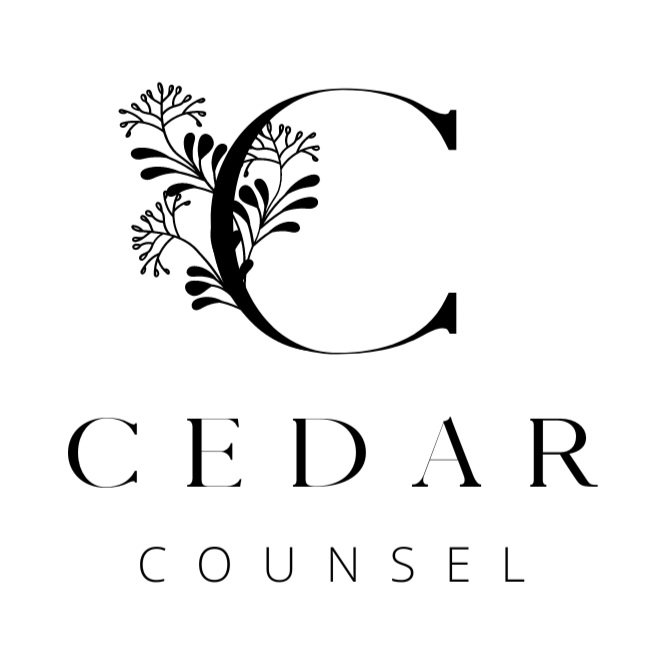How to Protect Intellectual Property in Your Estate Plan
Do you create music, craft stories, or construct gadgets in your garage? If so, you're undoubtedly a creator, an innovator, and, more importantly, an owner of intellectual property.
Though intellectual property may hold significant sentimental and even monetary value, it’s often overlooked in estate planning due to its intangible nature. Without properly planning for these works in your estate plan, your loved ones could lose these valuable assets forever.
In this article, we'll define intellectual property, demystify its significance, and give you directions on how to safeguard these assets both during your life and after your death.
What is Intellectual Property?
Let's start with the basics. Intellectual property, or IP, is all the creative stuff you've come up with - your inventions, your writings, your business branding, and more. It's like a treasure chest of your ideas and innovations. And protecting it in your estate plan is very important because it can be incredibly valuable.
Safeguarding your intellectual property is important because it allows you prevent theft, misuse, or conflict; ensure that your loved ones benefit from your creative and innovative work; and maintain your positive impact on the world.
How to Safeguard Your Intellectual Property
Now that you understand the significance of your intellectual property, here’s what you can do today to protect it:
Inventory Your Intellectual Property: Create a comprehensive list of your intellectual property that describes what the asset is, where it’s located, and how to access it if it’s a digital or intangible item. Your inventory should also include how each asset is accounted for in your estate plan and whether you share ownership of any intellectual property with another person or company.
This is something we help all of our clients create to ensure that no asset, whether tangible or intangible, is left out of their plan or lost when they pass away.
Consider Legal Protections: Determine whether any of your intellectual property should be legally registered in the form of trademarks, copyrights, or patents with the U.S. Patent and Trademark Office.
Original works are automatically copyrighted when you create them, but without legally registering your copyrights, it can be difficult to prove and enforce your copyright if someone steals your work and presents it as their own. If you’re lending, renting, licensing or selling anything you’ve created to a third party, it’s also important to have the proper legal agreements and contracts in place to ensure there’s no question about who owns the material.
Consult an Estate Planning Attorney: We specialize in creating comprehensive strategies to secure your creative and innovative assets, ensuring they are protected, properly managed, and passed on according to your precise wishes - all while avoiding the need for a long and costly probate proceeding.
Plan for All of Your Assets, In The Best Way
While you might not be a famous author, artist, or musician (yet), you very well may have valuable intellectual property, and chances are that property has not been properly accounted for in your estate plan. Besides monetary value, your intellectual property reflects your heart, soul, and personality. And your family will cherish it for years to come.
If you're ready to start the process or have questions about how to protect your intellectual property in your estate plan, we’re here to help. Click here to schedule a free 15-minute call to learn more.
This article is a service of Cedar Counsel. We don’t just draft documents; we ensure you make informed and empowered decisions about life and death, for yourself and the people you love.
